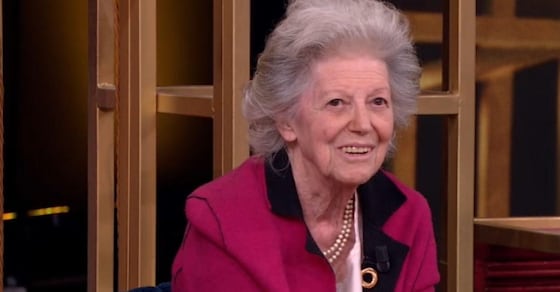“STEM” is an abbreviation of Anglo-American origin for “science, technology, engineering and mathematics”, in Italian: STEM. A world that has been considered “masculine” for a very long time, and which even today, despite the marked increase in female enrollment in scientific disciplines, still maintains a significant gender gap in Italian society. All this will be discussed at the “Book Pride” in Milan, Sunday 10 March at 4.30 pm in the structure of the “Superstudio Maxi” at Via Moncucco 35, which will host the debate “No women, no committee – without women we cannot speak”. Turn it around. “From the stars to the roots, a space for women” which will be activated in the presence of Amalia Ercoli Finzi, a pioneering aeronautical engineer and the first woman in Italy to graduate in aeronautical engineering in 1962; Elvina Finzi Tirelli, nuclear engineer; Patricia Galeazzo, Educational Projects of the Bracco Foundation, while Alessandra Siletti, Vice President of Infor Astrophysics, will be there. The meeting will be moderated by Luca Bottura, journalist and satirist. The works will be presented by Ariana Foto, Rai For ESG Sustainability, responsible for the “No Women No Panel”.
Today in Italy, the proportion of students enrolled in science, engineering and IT courses has reached 39.3%, confirms the latest report issued by Anvur, the Italian university evaluation body. The gender gap affects the entire academic life: women make up 57% of graduates, 42.3% of assistant professors, and only 27% of full professors. In specialized sectors such as industrial engineering and information engineering, even if it doubles, there are still white flies: only 12.9% of ordinary students.
This event is preceded, on Saturday 9 March at 1.30 pm in the Sala Atene again at Book Pride Milano, by a meeting on the gender gap with Marina Caloni and Maurizio Mosca, co-authors of the volume “When Women Matter” by RaiLibri, and Flavia Barca, author The Gender Inequality Map is written by Editoris Bibliographica under the supervision of Federico Verraza, editor-in-chief of Wired.

“Infuriatingly humble alcohol fanatic. Unapologetic beer practitioner. Analyst.”


